Academics to rulers: Win hearts and minds of people to defeat subversive forces
Expert lists inflation, media’s role in creating despondency, among 11 potential sources,which can escalate subversion
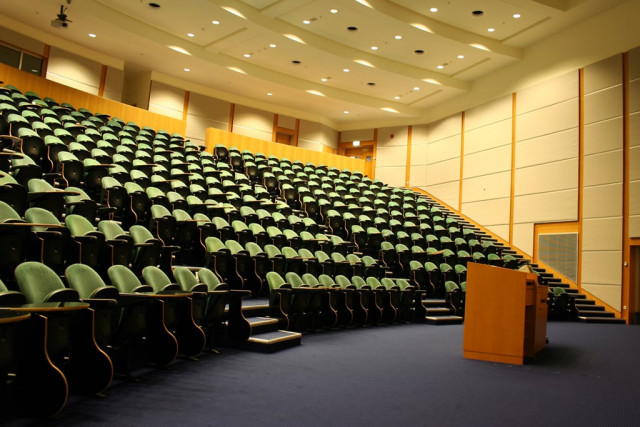
During the past five years, bureaucrats and intellectuals were prevented from criticizing the US, says Zeenia Sadiq Satti. PHOTO: FILE
Social injustices and the ruling elites’ avoidance to criticize the US policy are the most dangerous potential sources of subversion in Pakistan, according to former Harvard University teacher.
Zeenia Sadiq Satti was giving a talk on subversion in the Muslim world and Pakistan at the Institute of Strategic Studies (ISS) here on Wednesday. The talk, moderated by academics and political analyst Rasul Bakhsh Rais, was organised by the Harvard Club of Pakistan.
During the past five years, bureaucrats and intellectuals were prevented from criticizing the US, Satti said. “The media too have joined the silence. This is the single-most dangerous source of subversion for the Pakistani state.”
Among the 11 potential sources which can trigger subversion, she also mentioned spiraling food prices and the media’s role in creating despondency and unrest among the masses.
Satti, a consultant political analyst, backed up her hypothesis with the example of President Barack Obama’s statement on race after the verdict in the Trayvon Martin case — George Zimmerman, a 28-year-old Hispanic, was acquitted in the murder of an African-American teenager, Martin, in Florida after a year-long case with racial connotations that was aggressively followed by the US media.

She said by accepting that racism has not been completely eliminated from America, Obama helped dissipate racial tensions immediately.
“Wars of subversion and counter-subversion are fought in the minds and hearts of the people. If the minds and hearts are abandoned by the government and their representatives, the subversive forces move in there.”
Therefore, Satti said, “Plugging a Pakistani narrative on the war on terrorism” could prove to be a source of subversion in the country.
To subvert is usually to destroy an established system, but Satti defined subversion as covert or overt attempts, through the use of money, to soften a political system making it vulnerable to outside attacks.
The war on terrorism and the Arab uprisings have allowed the Euro-American economies to interrupt the economic activity of BRICS (Brazil, Russia, India, China and South Africa) and other Asian countries.
She said Pakistan shares similarities with the Middle East, yet in Pakistan mass movements have not erupted in the streets. Instead, democracy seems to be strengthening in the country, Satti noted. However, she said it is useful to identify sources of subversion since they can only be tackled pre-emptively.
She said prolonged counter-insurgency activities can divert military officers from their readiness for a conventional war. So, NATO’s war in Afghanistan and its insistence that Pakistan Army engage more intensely within its borders could be sources of subversion, she claimed.
Participants observed that Satti should also have apportioned some blame on Pakistani leaders in her talk for bringing things to a point where the risk of subversion is possible.
Published in The Express Tribune, September 19th, 2013.


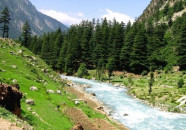
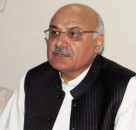
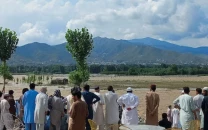

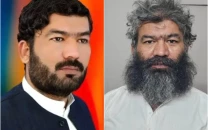





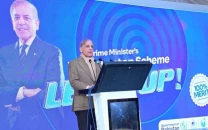






COMMENTS
Comments are moderated and generally will be posted if they are on-topic and not abusive.
For more information, please see our Comments FAQ